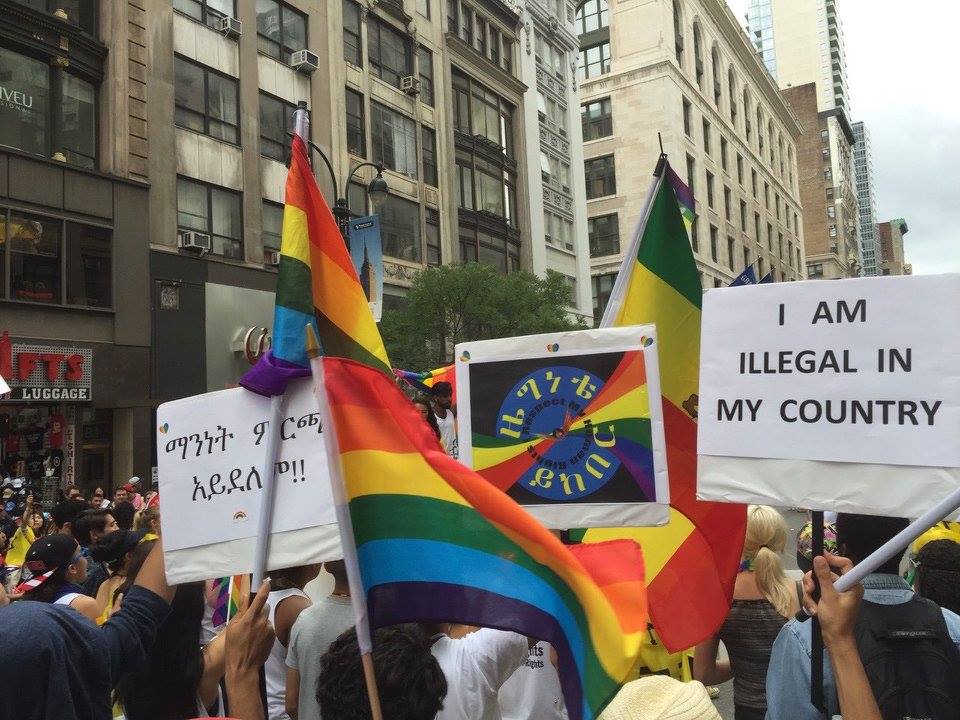In Ethiopia, “when you’re a journalist, once or twice you will end up in jail”, said a journalist who spoke to IPI requested anonymity. But for an LGBTQ+ journalist, they said, this could mean an investigation into one’s personal life — and if someone is found to be queer, they could be charged and imprisoned for that alone.
This journalist, who is not out in their workplace, has been detained several times in their career in media, but never long enough for a full investigation to take place. Early in their career, however, they came out to one colleague. “He always tells me, ‘Make sure you don’t end up in jail for something.’” They said that, as a journalist, the risks are already high for them. “And then I [am queer], so all of these [factors] are just a recipe for disaster.”
They said that homophobia is baked into Ethiopian culture — where homosexuality is often seen as grooming or bringing a Western ideology to the country — and even friends sometimes turn out to be homophobic. “You’re afraid all the time, and you just want to let go sometimes, and just have a conversation with people”, they said. “But it’s impossible to do that. It’s impossible to know where people stand on these issues.”
Any kind of reporting on human rights can lead a journalist to be associated with the LGBTQ+ community — reporting on feminism, for example, has become directly tied to lesbianism. This culture limits a reporter’s scope. For example, this journalist focuses primarily on business, economics, and politics to avoid any scrutiny into their personal life.
“I don’t think I’ve ever written anything about women’s rights, the issues of marriage, or rape in marriage and all of this. It was impossible for me to write”, this journalist said. “I learned that early on in my career, because I wanted to write an article [on these topics] and a government official told me not to.”
As a result of all these pressures, the LGBTQ+ community does not get a lot of coverage in Ethiopian media. When it is reported on, “it’s always reported in a negative way. It’s always associated with pedophilia, with rape, with some sort of initiation ritual”, they said.
But trying to change the narrative from within the country would be a surefire way to find themself under investigation. “I want to write about this”, they said, saying that LGBTQ+ people in Ethiopia face high suicide rates and medical discrimination. “There’s so many issues that can be told, that I can write about, that I can be the voice of. But I haven’t managed to leave the country so far.”
In the face of the oppressive environment for the LGBTQ+ community, this journalist finds small ways to express themself. “There’s some rainbow on me all the time. Could be on my shoes, could be my shirt, could be my belt, or my socks. It could be anything,” they said. “That’s my small little way of expressing and saying that ‘I exist.’”
This article was published as part of a series on LGBTQ+ journalists around the world. To read the rest of the series, click here.
